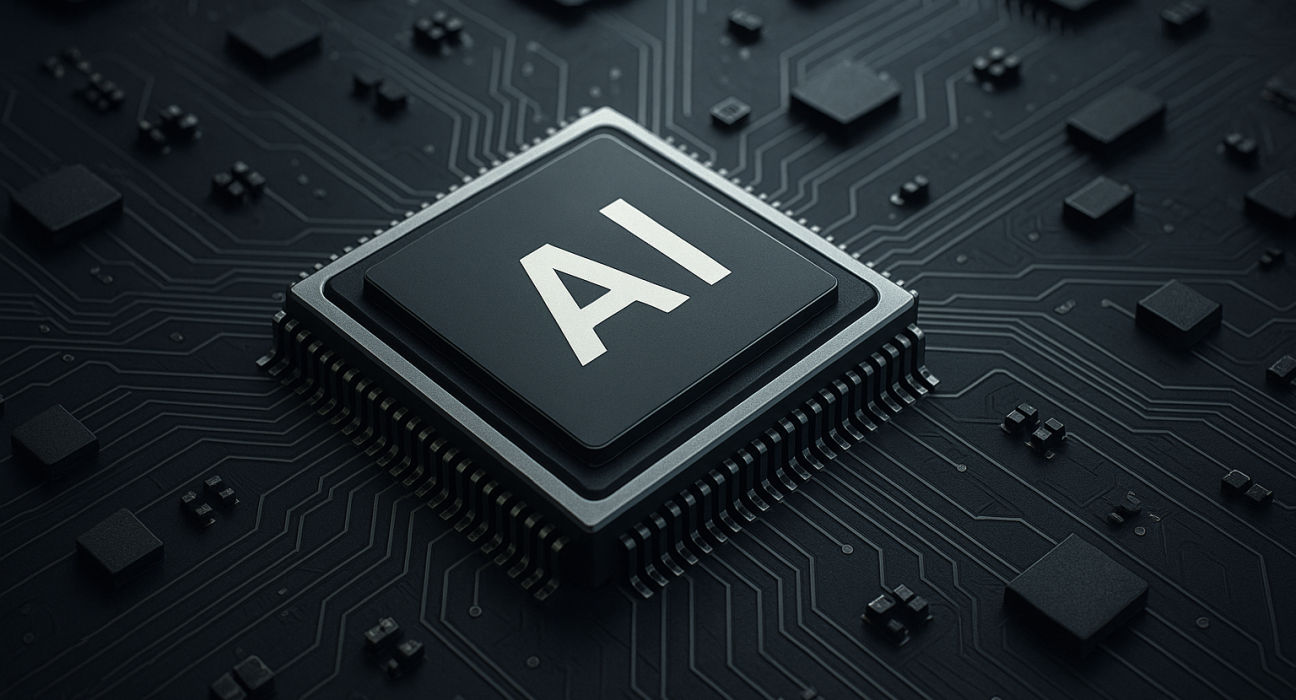A recent statement by a computer science professor has reignited a long-simmering debate about the disruptive potential of artificial intelligence. The professor warned that rapid advances in AI could displace up to 99% of workers within the next five years, raising questions about the future of employment, economic stability, and human purpose in an increasingly automated world.
A Radical Projection
The prediction is startling. While automation has long threatened certain industries—such as manufacturing, retail, and transportation—few experts have gone so far as to suggest that nearly all workers could be replaced in such a short timeframe. The professor argues that the exponential growth of large language models, robotics, and machine learning systems could outpace society’s ability to adapt.
Tasks once thought immune to automation—creative writing, software development, scientific research, even emotional support roles—are already being performed in experimental settings by advanced AI. The professor suggests that as these systems become more reliable, cheaper, and faster than human labor, employers will have strong incentives to adopt them.
Historical Context
Skeptics point out that similar claims have accompanied every major technological revolution. The Industrial Revolution, the rise of electricity, and the spread of computers all displaced certain jobs but also created new ones. Historically, innovation has transformed rather than eliminated human labor, pushing workers into new roles that leverage human adaptability.
However, proponents of the professor’s argument say AI is fundamentally different. Unlike past technologies, AI does not simply extend human capabilities—it can replicate them in domains once thought uniquely human. This raises the possibility of a truly unprecedented labor market shift.
Economic and Social Implications
If mass unemployment were to occur, the consequences would be far-reaching. Entire economic systems are built on the exchange of labor for wages. Without widespread employment, questions arise about income distribution, access to basic needs, and the structure of taxation and welfare.
Some policy experts have floated potential solutions: universal basic income, shortened workweeks, or new forms of civic labor that emphasize creativity, caregiving, and community roles. Yet, implementing such solutions at scale would require political will, international coordination, and public acceptance—factors that often move far slower than technological change.
The Human Dimension
Beyond economics, there is a psychological and philosophical challenge. For many, work is not only a source of income but also of identity, meaning, and social connection. If AI replaces most forms of human labor, societies will need to grapple with redefining what it means to live a fulfilling life.
A Balanced View
While the professor’s prediction may sound extreme, it serves as a warning signal. Even if 99% unemployment does not materialize, significant disruption is likely. Preparing for that possibility requires serious investment in education, retraining, and policy innovation now, rather than later.
The debate ultimately forces a difficult question: Should society treat AI as just another tool in a long line of technological advancements, or as a transformative force that may demand a rethinking of the very foundations of the economy?
What sounds like the premise of science fiction might not be so far-fetched. A leading computer science professor warns that accelerating AI advancement could make nearly every job obsolete within five years. Society must grapple now with economic upheaval, psychological impact, and whether new systems like universal basic income can offer a lifeline.
Read the full article online:
Read more >> “AI Could Cause 99% of All Workers to Be Unemployed in the Next Five Years…”
